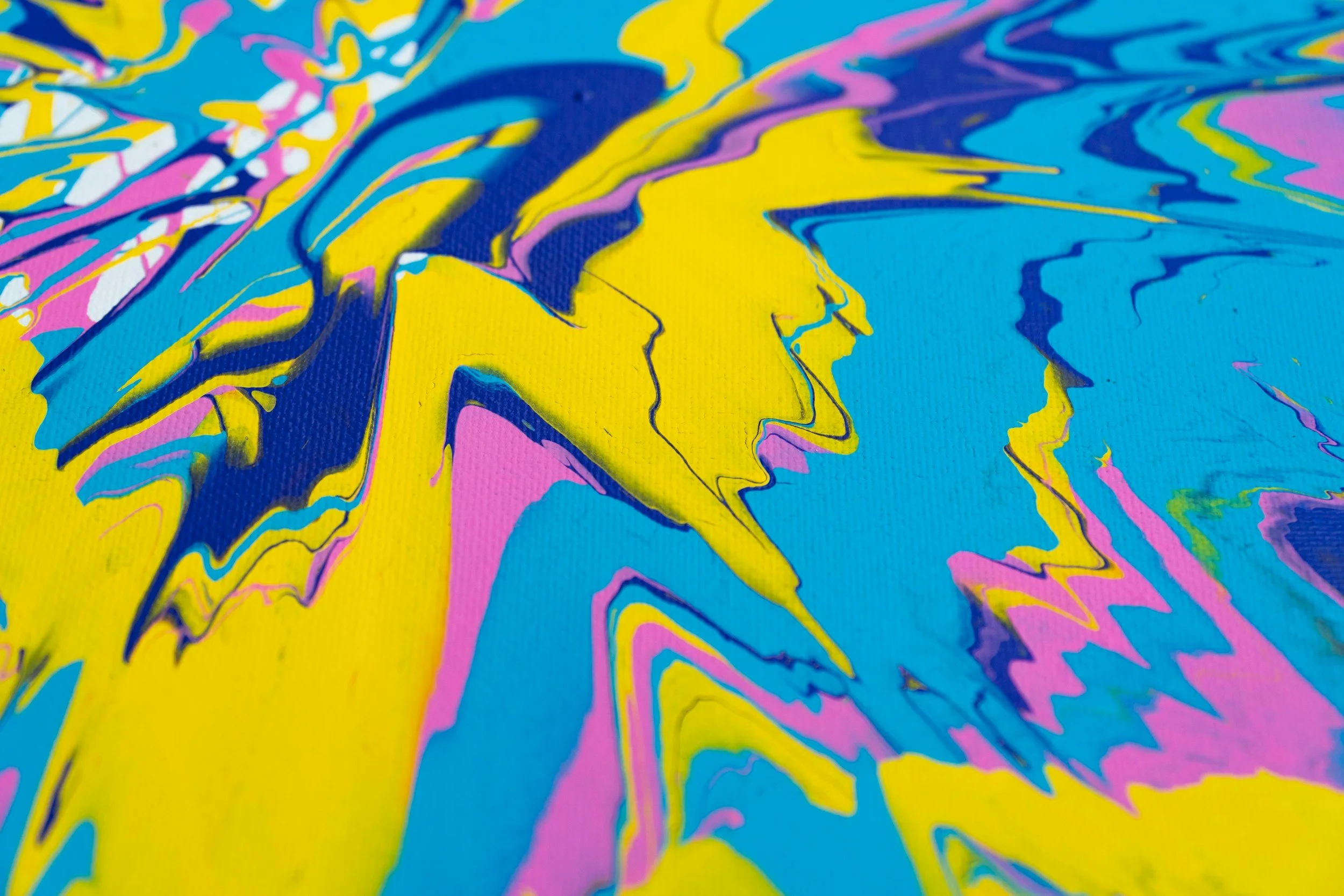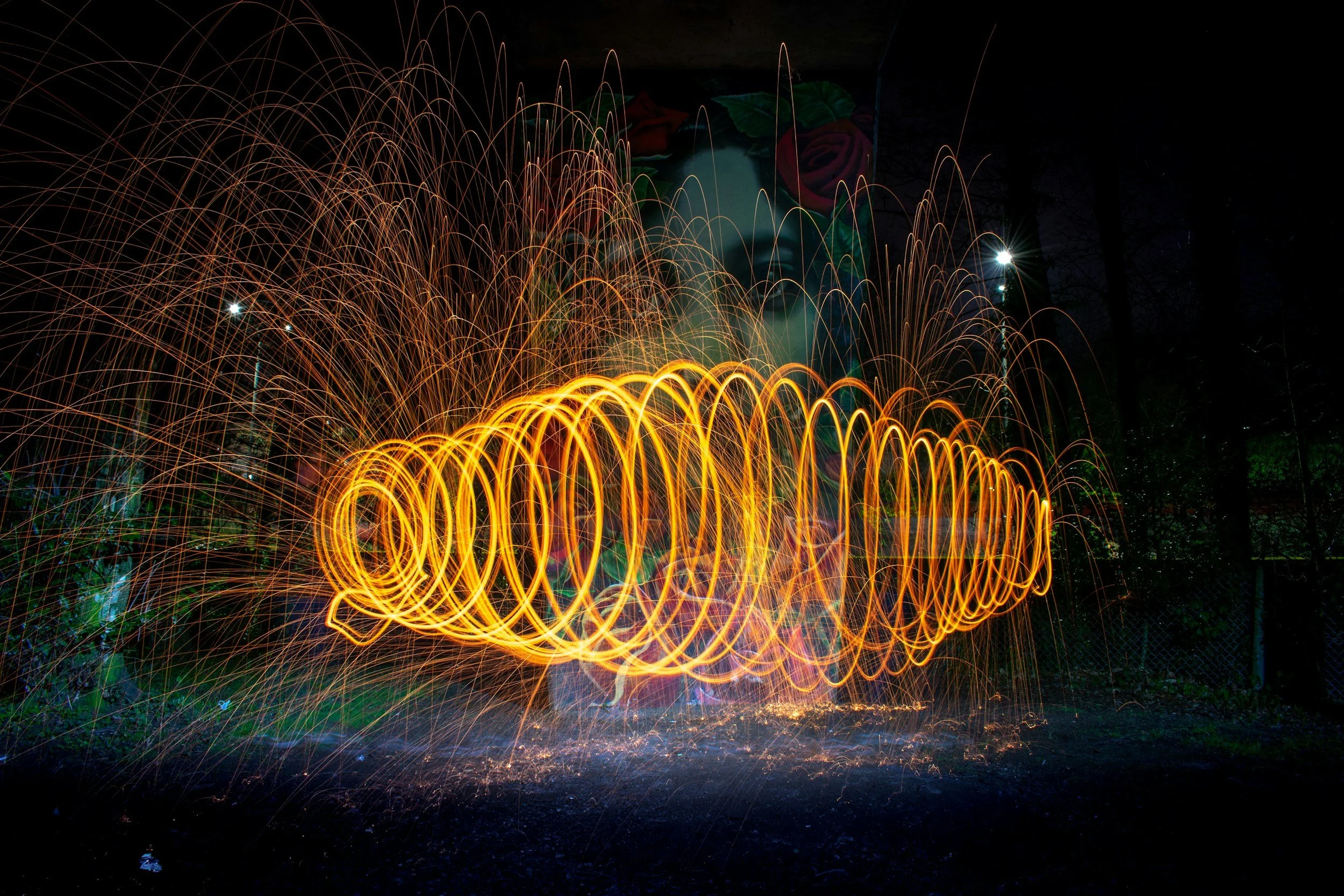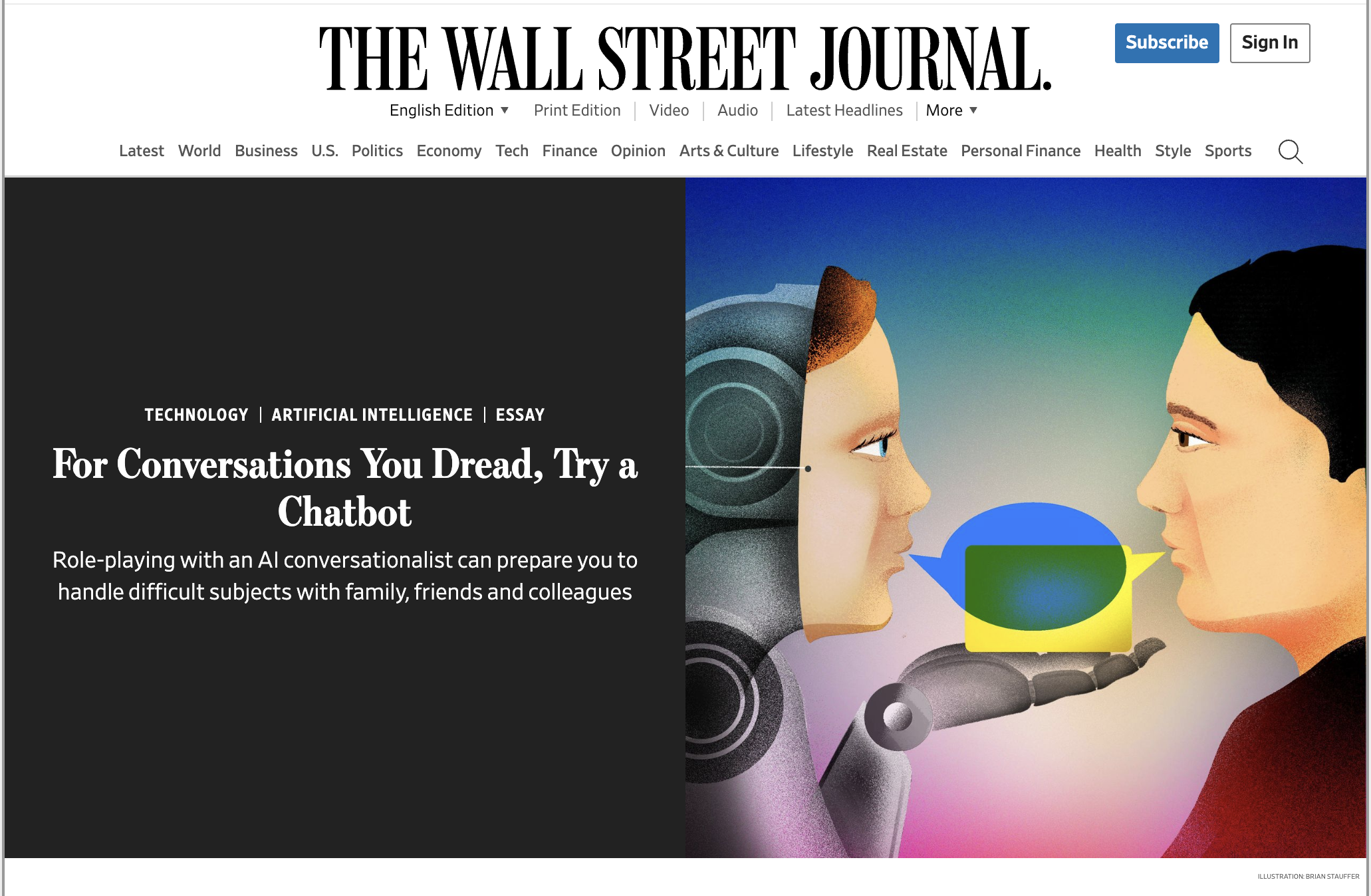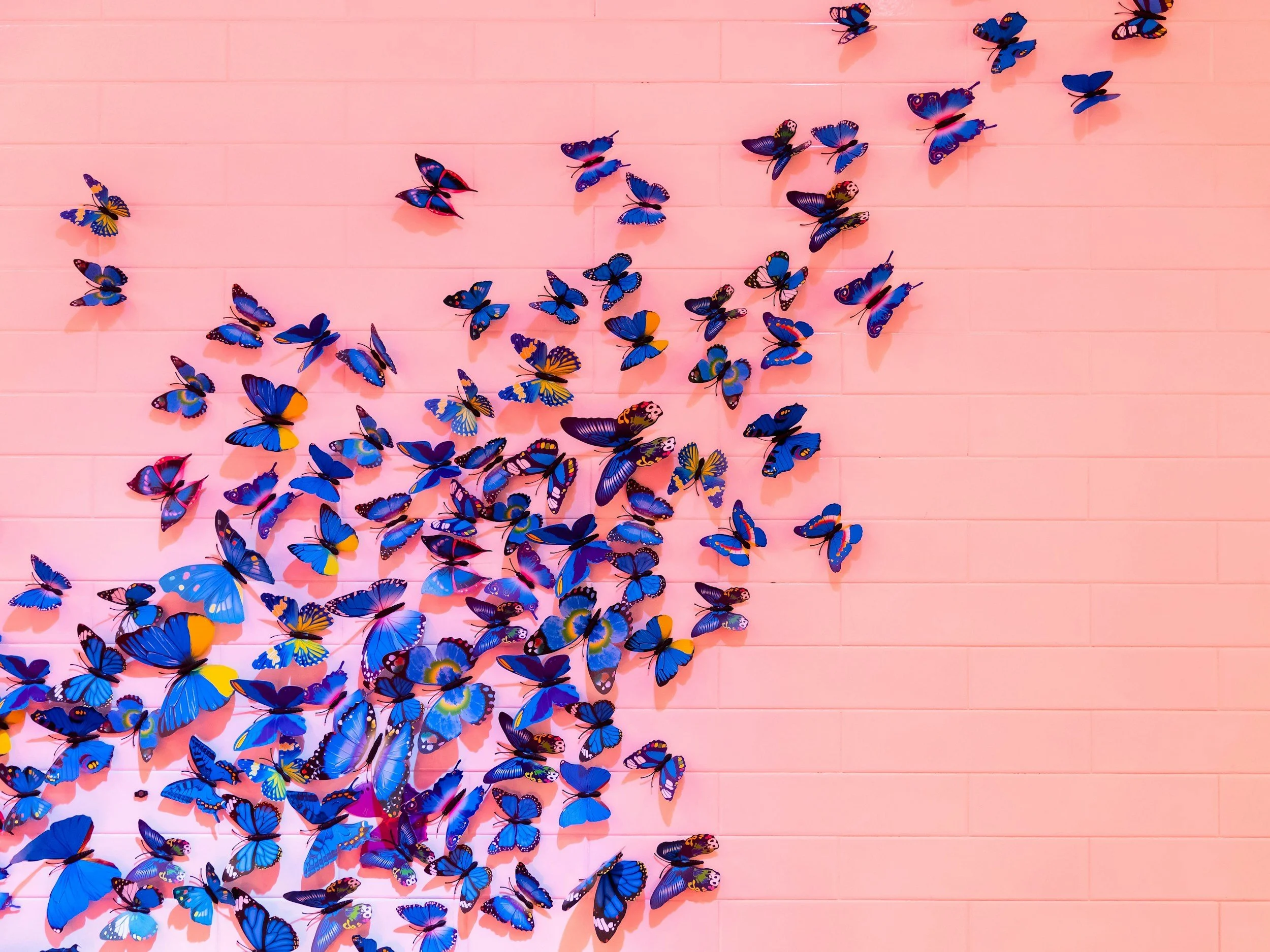Encouraging Disconnection
It is broadly established that creativity is a function of unexpected connections. As legendary researcher Arthur Koestler once said, "Creativity is the collision of two apparently unrelated frames of reference." It's a well-documented phenomenon that many scientific breakthroughs and inventions have come from outside the field, as both Dave Epstein mentions in "Range" and Steven Johnson mentions in "Where Good Ideas Come From" (both highly recommended, and both are on my reading list).
What is less-appreciated, however, is the fact that while creativity is triggered by connection, it's also fueled by disconnection - allowing working memory to take over, while going on a walk, drinking coffee with a friend (as Watson and Crick were widely derided for before discovering the double helix structure of DNA), and even indulging distractions as David Ogilvy enjoyed doing.
The challenge is, disconnection doesn't feel like work. We are self-conscious of mindfully disengaging with the "work." Just see what happens when folks laugh at work: often, they look over their shoulder, fearful others will think they're not doing their job!
One of the incredible gifts that the COVID era and its accompanying shift to an online format has given to us at the d.school is the requirement of a break. Zoom fatigue is real, in a way that perhaps room fatigue isn't. And so we have to program in breaks for folks to leave the screen. In fact, we are programming in more breaks than ever before!
But unlike in-person learning experiences, we can now initiate breaks with purpose: disconnection. Can you imagine coming to a workshop at Stanford and having the professor tell you, "We are going to stop lecturing and take half an hour to day dream." You'd want your money back! Yet, day dreaming is an indispensable tool in the creative toolbox.
And what we're seeing has been pretty neat: folks are coming back with fresher thinking and more novel approaches to solving human problems now that we are programming in time for disconnection.
What about you? How do you disconnect?
Click here to subscribe to Paint & Pipette, the weekly digest of these daily posts.










Cleverly deploying AI is not merely speeding up innovation—it's unlocking a fundamentally different relationship with the creative process. Here’s how to shift from operation, to orchestration.